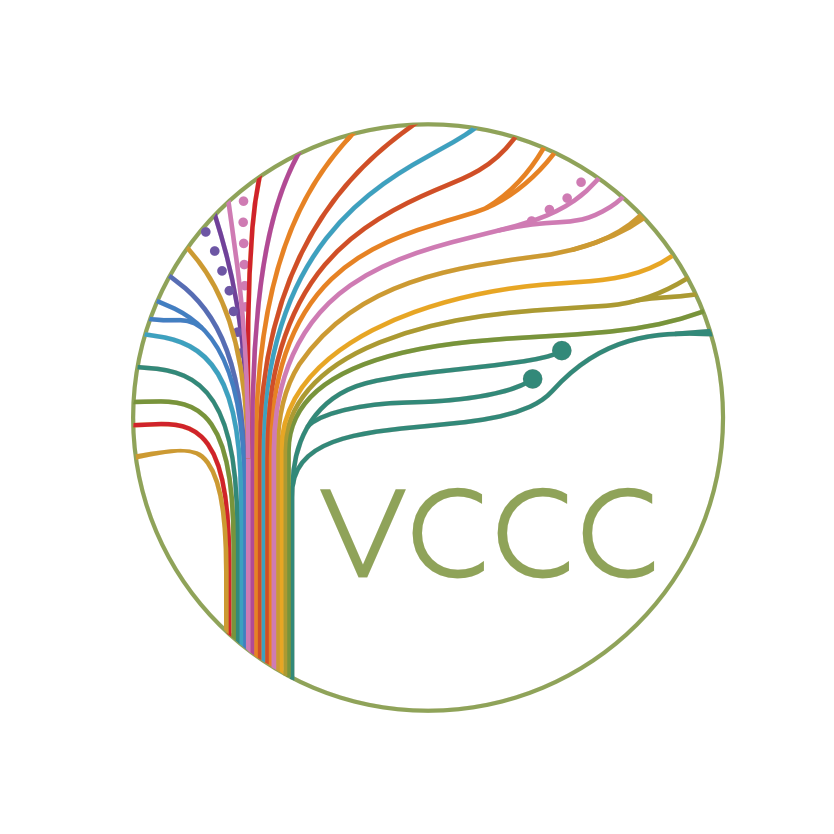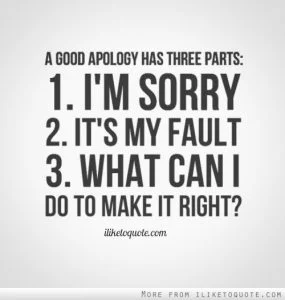For a long time, I have had an aversion to parenting in which a parent (mostly out of their own embarrassment, I suspect) requires a child who has committed some offense to blurt out the word “sorry.” This seems to temporarily reassure everyone that the child isn’t a terrible person while also assuaging parental worries about their child’s aggression. It also attempts to push a ‘reset’ button for everyone.
Clinically, I have seen people of all ages bristle to the sound of a what feels to be a hollow or incomplete apology, or worse yet, the absence of an apology altogether. In couples, it often seems to one or both partners, that the person cannot bring themselves to a more loving state toward their partner, who feels that the hurt or wound they’ve experienced by the partner is not fully grasped or recognized.
Recently, I’ve listened to an angry teenager who at this point is unwilling to accept a recently much more involved and present father. He feels as though he is being asked to be complicit in denying or manically covering up the father’s prior neglect and bullying behaviors. The father has not truly recognized the impact of his previous behaviors and suffered the guilt that true repair requires. Instead, the father remains dismayed and upset as to why he isn’t being received with joy and gratitude by the other members of the family as he feels he has done his duty by changing his level of involvement while the rest of the family remains in waitng for an acknowledgement of the previous damage caused by him.
In our intimate relationships, as humans, –we have a strong yearning for a “wrong” to be recognized in it’s entirety, including the effects the offense has brought to others. When the apartheid regime fell in South Africa, to help it transition to a democracy, a commission was established called “Truth and Reconciliation.” The idea was to provide the opportunity for victims to voice their experiences in public forums and be heard, as an important or necessary step to reconciliation in a vastly divided society.
Perhaps it’s the deep feelings of conscious or unconscious shame that prevent a true owning up to the nature and particulars of an offense. In addition, true guilt is also tremendously difficult for many if not all of us to tolerate. Fear that one will be only seen or felt to be all bad can also play a role. But healing and real repair come from being able to face and ultimately accept and to acknowledge to the other the parts of ourselves that do at times inflict pain on those we love.
There are two sides to repair—one person must be willing to speak (some of us would rather nurse resentments or injury), and one person to be willing to listen openly and non defensively. Both of these have their inner challenges to overcome, and both roles involve vulnerability, an experience that has often had various pains associated with it.
Growing an intimate relationship isn’t easy, but usually benefits hugely from the ability to weather and grow through cycles of hurt or damage and repair.


